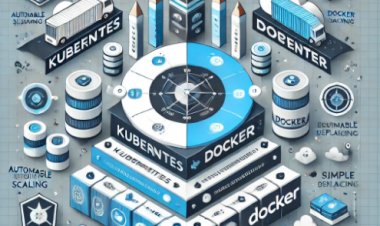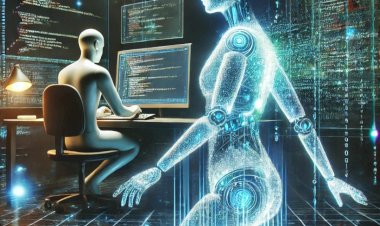Fixing Slow Computer Performance and System Hangs: A Tech Solution Guide
Are you experiencing slow computer performance or system hangs? Learn about the common reasons and solutions to fix the problem with our tech solution guide.
Slow computer performance or system hangs can be frustrating and cause a lot of inconvenience. It can hamper productivity, and in some cases, it can even lead to data loss. In this blog, we will discuss some of the common reasons for slow computer performance or system hangs and suggest solutions to fix the problem.
Reasons for slow computer performance or system hangs
-
Lack of Memory (RAM) - If your computer doesn't have enough memory, it can cause the system to slow down or even freeze. This happens because the computer uses the hard drive as a substitute for RAM, which slows down the system.
-
Fragmented Hard Drive - A fragmented hard drive can also lead to slow computer performance. When a file is saved, it is split into pieces and stored in different locations on the hard drive. Over time, these pieces become scattered, and it takes longer for the computer to retrieve the file.
-
Malware Infection - A malware infection can cause slow computer performance, as it can consume a lot of system resources. Some malware can even cause the system to hang or freeze.
-
Outdated Drivers - Outdated drivers can also lead to slow computer performance. Drivers are the software that connects your hardware to your computer's operating system. If they are outdated, they can cause compatibility issues, which can slow down your system.
-
Overheating - Overheating can cause your computer to slow down or even freeze. When your computer overheats, it can cause damage to the internal components, which can lead to a decrease in performance.
Solutions to fix slow computer performance or system hangs
-
Upgrade Memory (RAM) - If your computer doesn't have enough memory, upgrading the RAM can help improve system performance. Installing additional memory can help your computer run more efficiently and reduce the amount of time it takes to access files and programs.
-
Defragment Hard Drive - Defragmenting your hard drive can help improve system performance. This process reorganizes your files and makes it easier for your computer to access them, which can help speed up your system.
-
Run Malware Scans - Running malware scans can help identify and remove any malware infections. This can help free up system resources and improve system performance.
-
Update Drivers - Updating your drivers can help improve system performance. It can fix any compatibility issues and improve the functionality of your hardware, which can help speed up your system.
-
Clean Dust - Cleaning out any dust from the inside of your computer can help prevent overheating. Overheating can cause your computer to slow down or even freeze. By keeping your

 Ashish Kumar
Ashish Kumar 













